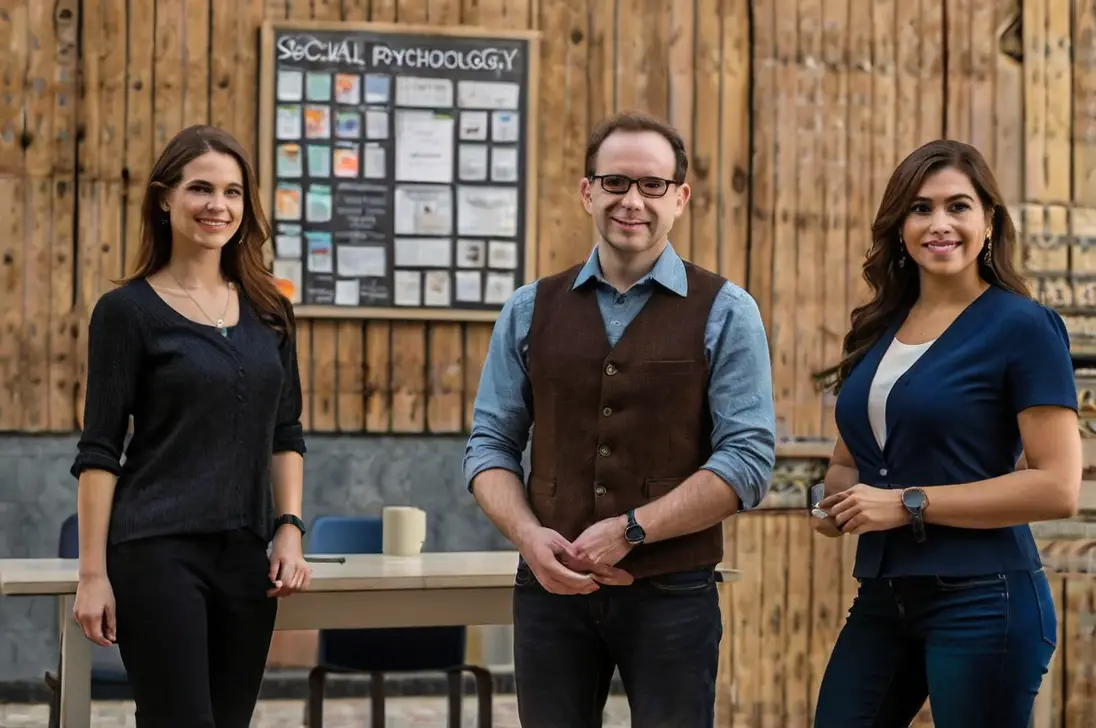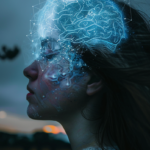
Conspiracy theories are fascinating and often perplexing phenomena.
From the belief that the moon landing was faked to the idea that secret societies control the world, conspiracy theories capture the imagination of millions.
But why do people believe in them?
And what are the social consequences of these beliefs?
Let’s delve into the social psychology of conspiracy theories to understand their appeal and impact.
Why Do People Believe in Conspiracy Theories?
Belief in conspiracy theories is more widespread than you might imagine.
A 2014 study found that about half of the American population endorses at least one conspiracy theory.
Several psychological and social factors contribute to why people believe in these theories.
- Read also: Understanding Psychology of Social Influence and Persuasion
- Read also: Beyond Individuality: The Impacts of Social Norms on Decision-Making
Cognitive biases
Human brains are naturally inclined to recognize patterns and make sense of complex information, which can lead to certain cognitive biases:
Confirmation bias
People tend to seek out information that supports their preexisting beliefs and ignore evidence that contradicts them.
For instance, if someone already distrusts the government, they might readily accept conspiracy theories about governmental cover-ups while disregarding official explanations.
Proportionality bias
This is the belief that significant events must have significant causes.
For example, the assassination of a president seems too momentous to be the work of a lone gunman, leading people to believe in larger, more elaborate plots.
It’s a way for the brain to rationalize big events by attributing them to equally big causes.
Uncertainty and fear
Conspiracy theories often flourish during times of crisis and uncertainty.
When people feel anxious or threatened, they seek explanations that provide a sense of control and predictability.
For example, during the COVID-19 pandemic, various conspiracy theories about the virus’s origins and the safety of vaccines gained traction as people tried to make sense of the chaotic situation.
In times of fear, having a clear enemy or a simple explanation can be comforting.

Social identity
Belonging to a group that shares certain beliefs can reinforce one’s identity and sense of community.
Conspiracy theories can offer a sense of belonging to those who feel alienated or distrustful of mainstream institutions.
By embracing alternative explanations, individuals can differentiate themselves from the majority and feel part of an in-group with unique knowledge.
This group identity can be powerful, providing support and validation for their beliefs.
Psychological needs
Believing in conspiracy theories can fulfill certain psychological needs:
Need for uniqueness
Some people have a strong desire to be seen as special or different from others.
Embracing conspiracy theories can make them feel like they possess exclusive knowledge that others don’t have, enhancing their sense of uniqueness.
Need for control
In an unpredictable world, believing in conspiracy theories can provide a way to assert control.
By identifying supposed hidden forces behind events, individuals can feel more in control of their lives, rather than feeling helpless in the face of random occurrences.
Need for meaning
People have an innate need to find meaning in their experiences.
Conspiracy theories offer patterns and explanations for random events, providing a sense of purpose and order.
Believing that there is a hidden hand behind events can make the world seem less chaotic and more understandable.

The Social Impact of Conspiracy Theories
Conspiracy theories can have significant social consequences, influencing behaviors, attitudes, and even public policies.
Let’s delve into how these theories impact our society.
Distrust in institutions
One of the most profound impacts of conspiracy theories is the erosion of trust in institutions.
When people believe that governments, media, or scientific communities are hiding the truth, it undermines public confidence.
This distrust can lead to serious consequences:
Vaccine hesitancy
Belief in anti-vaccine conspiracy theories can result in lower vaccination rates.
When people doubt the safety and effectiveness of vaccines, they may choose not to vaccinate themselves or their children.
This hesitancy can lead to outbreaks of preventable diseases, jeopardizing public health.
Political polarization
Conspiracy theories can deepen political divides.
When individuals believe in politically charged conspiracy theories, it can create an “us versus them” mentality.
This division makes it harder to reach a consensus on critical issues such as climate change, healthcare, and immigration.
The mistrust fostered by these theories can lead to gridlock in government and hinder the creation of effective policies.
Social cohesion and conflict
Conspiracy theories can both create and destroy social bonds.
On one hand, they can foster a sense of solidarity among believers.
People who share the same conspiracy beliefs often form tight-knit communities, finding comfort and validation in like-minded groups.
On the other hand, conspiracy theories can lead to social fragmentation and conflict.
For example, the belief in election fraud can result in significant political unrest and division.
When large groups of people believe that an election was rigged, it can lead to protests, legal challenges, and even violence.

Behavior and decision-making
Belief in conspiracy theories can influence individual behaviors in ways that have broader societal implications.
For instance:
Health behaviors
Belief in medical conspiracy theories can lead to the rejection of proven treatments and the adoption of dangerous alternatives.
For example, some people might refuse to take prescribed medications for chronic illnesses because they believe in conspiracy theories about pharmaceutical companies.
Instead, they might turn to unproven and potentially harmful “natural” remedies.
Environmental actions
Conspiracy theories about climate change can hinder efforts to address environmental issues.
If people believe that climate change is a hoax, they are less likely to support policies aimed at reducing carbon emissions.
This skepticism can slow down the implementation of necessary measures to combat climate change, leading to more severe environmental and economic consequences in the long run.
Spread of misinformation
Conspiracy theories contribute to the spread of misinformation, which can be challenging to correct once it takes hold.
This misinformation can distort public understanding and hinder effective responses to various issues:
Public health crises
During public health crises, such as the COVID-19 pandemic, misinformation can lead to confusion and fear.
Conspiracy theories about the virus’s origins, the effectiveness of masks, and the safety of vaccines can undermine public health efforts.
When people are misinformed, they are less likely to follow guidelines and recommendations, exacerbating the crisis.
Social justice movements
Conspiracy theories can also distort perceptions of social justice movements.
For example, misinformation about the goals and methods of movements like Black Lives Matter can create unnecessary fear and opposition.
This misinformation can polarize communities and hinder progress towards social equality.

- Read also: Social Psychology Hacks: Understanding Human Behavior
- Read also: Unveiling the Human Mind: 12 Fun Facts About Social Psychology
Conclusion
Understanding the social psychology of conspiracy theories helps us grasp why these beliefs persist and how they impact society.
Cognitive biases, fear, social identity, and psychological needs all play roles in why people turn to conspiracy theories.
However, the consequences can be far-reaching, affecting trust in institutions, social cohesion, and individual behaviors.
Addressing the root causes and promoting critical thinking are essential steps in mitigating the negative effects of conspiracy theories.



